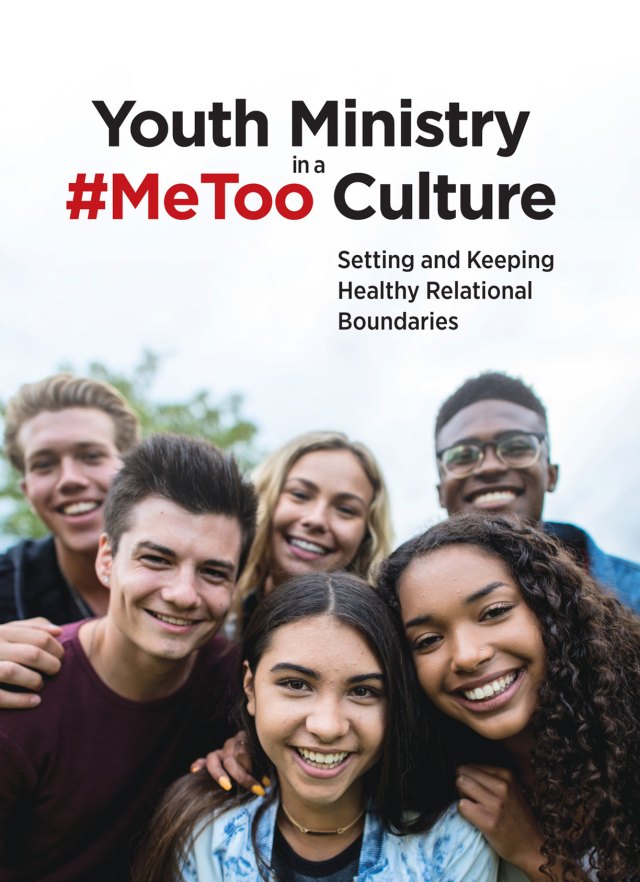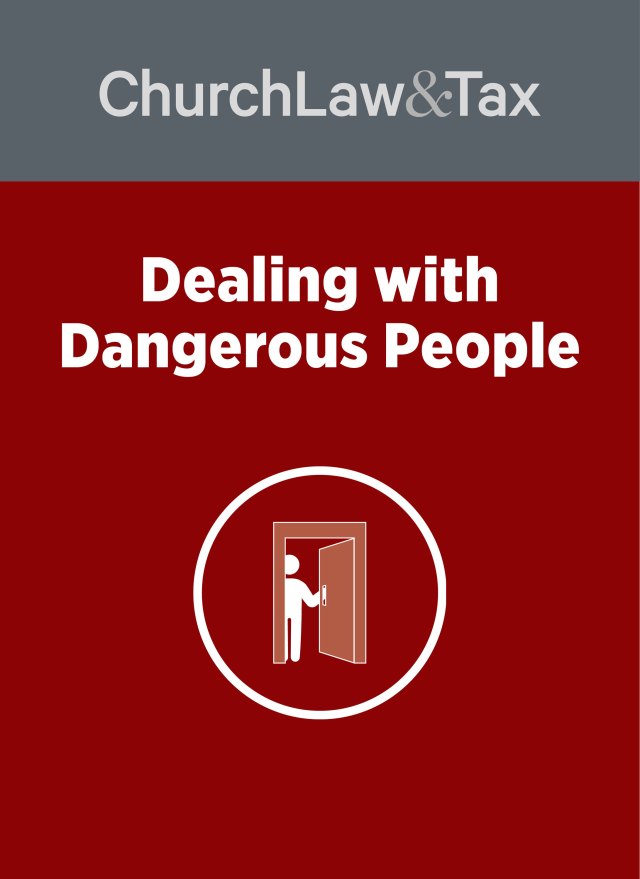Key point. In some cases, child molesters are given probation instead of imprisonment, subject to various conditions. If such a person attends a church, it is important for church leaders to be apprised of such conditions so that they can help to ensure that they are followed.
The Washington Supreme Court affirmed the revocation of a child molester’s probation as a result of his repeated violations of the terms of the probation which, among other things, barred him from attending church or other places frequented by minors. An adult male (“Brian”) was convicted of first degree rape of a child under the age of 12 for raping his 11-year-old developmentally disabled granddaughter. The trial court sentenced Brian to 123 months imprisonment but found that he qualified for a special sex offender sentencing alternative (SSOSA) suspended sentence. In imposing the SSOSA sentence, the trial court set a number of conditions, including that Brian “not frequent areas where minor children are known to congregate, as defined by the supervising community corrections officer” (CCO). The CCO specifically instructed Brian that places he could not frequent included parks, schools, churches, day cares, movie theaters, shopping malls, bowling alleys, skating rinks, video arcades, and Boys and Girls Clubs.
A few years later, the state determined that Brian had violated a term of his probation by having contact with minor children. He was later cited again for violating the terms of his probation by visiting a church, a park, and a school on three separate occasions. The court sanctioned Brian to 120 days of confinement and sexual deviancy treatment.
A year later, Brian’s community corrections officer (CCO) received a tip that Brian had been a regular visitor at a church’s food bank located on the premises of the church’s elementary school, and that on some occasions he arrived at the food bank at 7:30 a.m., though the food bank did not open until 9 a.m. The CCO visited the food bank one morning and observed several minors in close proximity. Brian admitted to the CCO he visited the food bank but denied seeing any minors present or knowing it was on school property. As churches and schools are considered places where children are known to congregate, the CCO determined that Brian once again had violated the terms of his supervision. The CCO recommended that the court revoke Brian’s SSOSA sentence and send him to prison to serve his suspended sentence. Following a hearing, the court accepted the CCO’s recommendation, finding that Brian was at high risk to reoffend and was difficult to monitor in the community.
On appeal, Brian argued that his suspended sentence could not be revoked without proof of willful violations of the terms of his sentence (i.e., that he frequented areas where he knew that minors congregated), and, that there was insufficient evidence to support the revocation. The state supreme court rejected Brian’s arguments, and authorized the commencement of his term of imprisonment. It concluded:
The government has an important interest in protecting society, particularly minors, from a person convicted of raping a child. That interest is rationally served by imposing stringent conditions related to the crime Brian committed. The condition forbidding Brian from frequenting areas where minors congregate serves as a way to prevent him from being in a situation where he would have an opportunity to again harm a child. Also, his rights are already diminished significantly as he was convicted of a sex crime and, only by the grace of the trial court, allowed to live in the community subject to stringent conditions.
… child molesters who are not currently in prison may be subject to a supervised probation arrangement that restricts their church attendance.
Those conditions, like the one at issue, serve an important societal purpose in that they are limitations on his rights that relate to the crimes he committed. Given the strength of that interest and Brian’s diminished rights as someone on a suspended sentence, the balance tips heavily in favor of not requiring a finding of willfulness … The evidence demonstrates that Brian went to a food bank located in an elementary school that is connected with a church. The trial court could reasonably conclude that the location of the food bank in a building housing a church school presented a risk to the safety or welfare of society. This violation, combined with his prior violations for visiting a church, high school, and a park on three separate occasions, justify revoking his suspended sentence.
Application. This case demonstrates that child molesters who are not currently in prison may be subject to a supervised probation arrangement that restricts their church attendance. Many church leaders have learned that sex offenders are attending their church. Knowing how to respond in such cases can be a difficult question. In many cases, probation arrangements prohibit a defendant from attending church under any circumstances, while in other cases a defendant is allowed to attend church but under strict conditions. A church’s exposure to liability is increased if it allows a known sex offender to attend services or other church activities without ascertaining the existence and conditions of a probation arrangement. State v. McCormick, 213 P.3d 32 (Wash. 2009).
This Recent Development first appeared in Church Law & Tax Report, March/April 2010.




